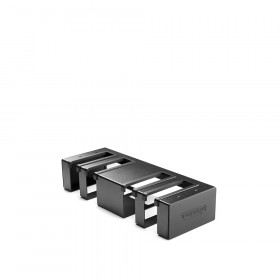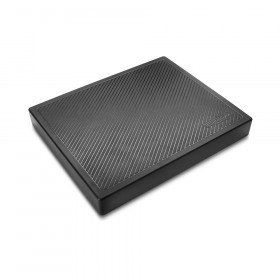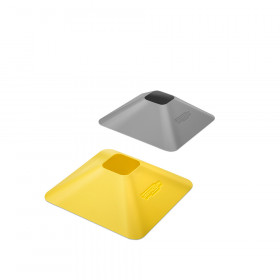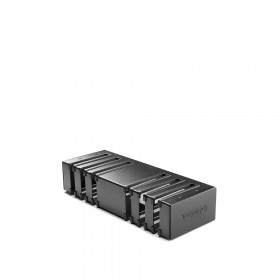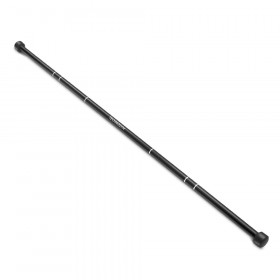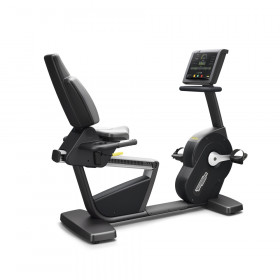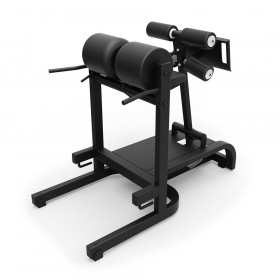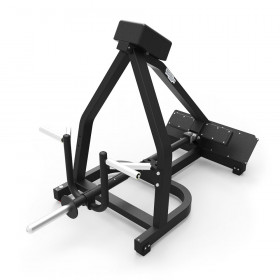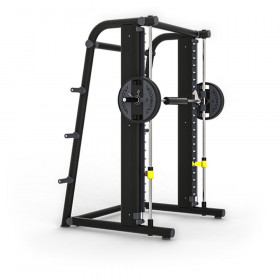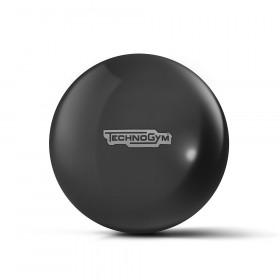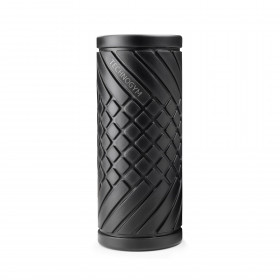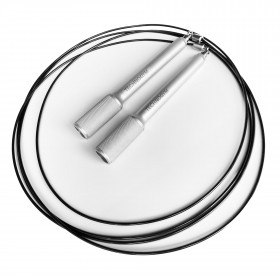The best training ensures the maximum physical output with the least exploitation of the body's resources. To achieve this it is important for the body to receive adequate nourishment so as to cooperate efficiently without physiological damage.
To obtain satisfactory performance, the diet is an essential factor, not only from the viewpoint of nutrition, but also from the functional and specific viewpoint depending on the type of sport practiced and the type of effort that has to be supported. The proper fuel for every engine, in other words.
There is no magic formula for everyone. Obviously, the ideal diet for an athlete is the one that satisfies the palate and at the same time ensures a complete variety of nutrients and an adequate quantity of liquids, but some foods more than others satisfy these requisites:
- A balanced diet for an athlete should consist of 60 per cent carbohydrates, preferably complex (the main source of energy for the muscles comes from carbohydrates, and it is released gradually, permitting continued efforts for prolonged periods). Grains are excellent, better if whole, and also starches and legumes.
- Proteins are important, especially those from white meat, fish, eggs and milk and derivatives, necessary to prevent the body from consuming the substances that make up the muscle tissues.
- Even fats are fundamental (better if of vegetable origin) because they produce the energy necessary in the final stages, in case of prolonged efforts that require strength: peanuts, almonds, walnuts, olive oil and soya are ideal.
- Isotonic beverages are recommended because they rehydrate the tissues and supply minerals and vitamins.
- Fruit and vegetables, especially when eaten fresh and raw so that none of the nourishing substances are lost, are natural sources of vitamins, mineral salts and fibre.
- The athlete's diet should always be light, and easy to digest and assimilate.
On the other hand, it is best to limit:
- preserved and canned foods
- alcohol
- processed foods
- elaborate sauces
- sugar-loaded, carbonated beverages
- sweets rich in fats and sugar
- excessive quantities of tea and coffee
- sugar and fructose
Ideally, the athlete should consume five small meals a day including two snacks, establishing the timing on the basis of the duration and intensity of the physical activity scheduled, in order to obtain the best performance.
The diet can be adjusted gradually to new nutritional needs and the amounts will depend on the amount of energy consumed every day, based not only on the activity but also on the basal metabolism, the daily routine, the person's sex and often on the stress level as well.
Before training, it is a good idea to wait an hour after breakfast and at least two to three hours after the main meals. At the end of the training session, it is advisable to wait one hour before eating.
Following this plan systematically can lead to two important advantages:
- Improving the physical strength and technical ability of the athlete
- Learning correct habits that will ensure better general health

